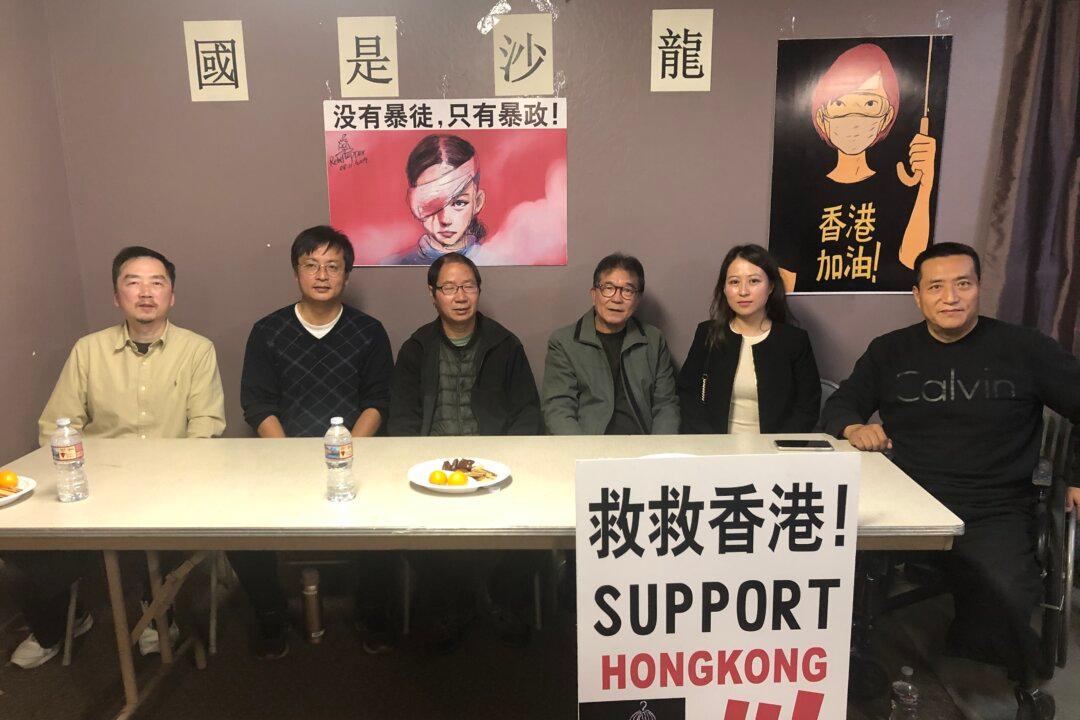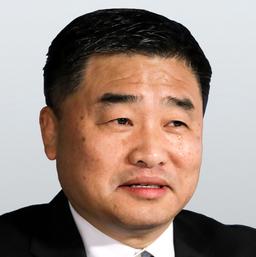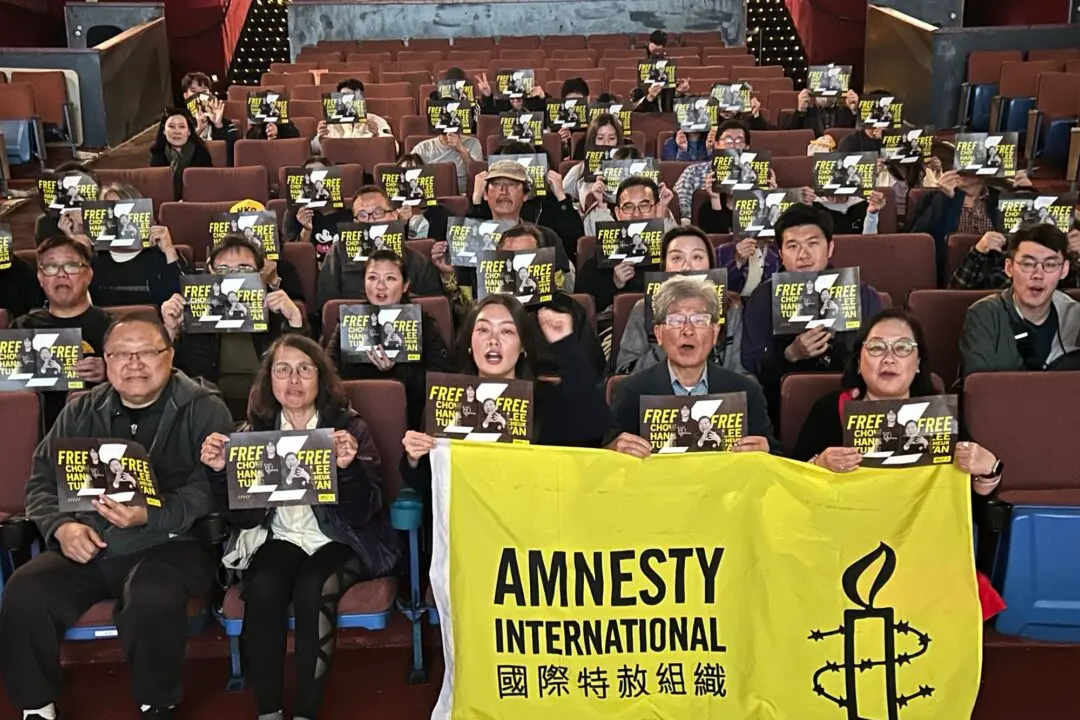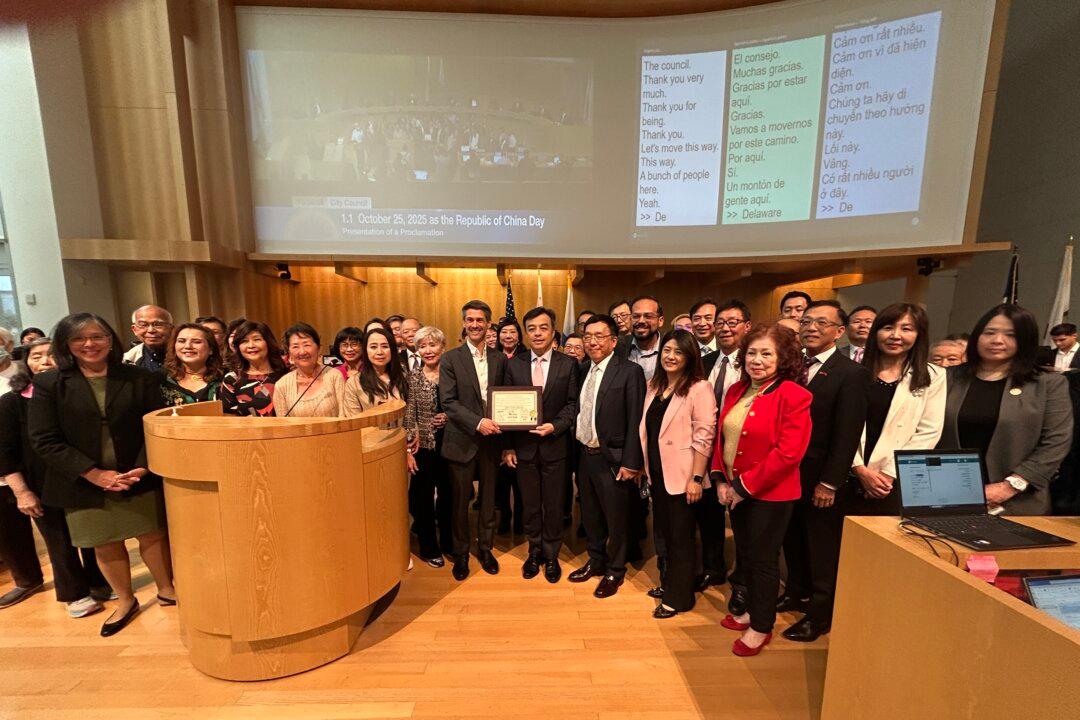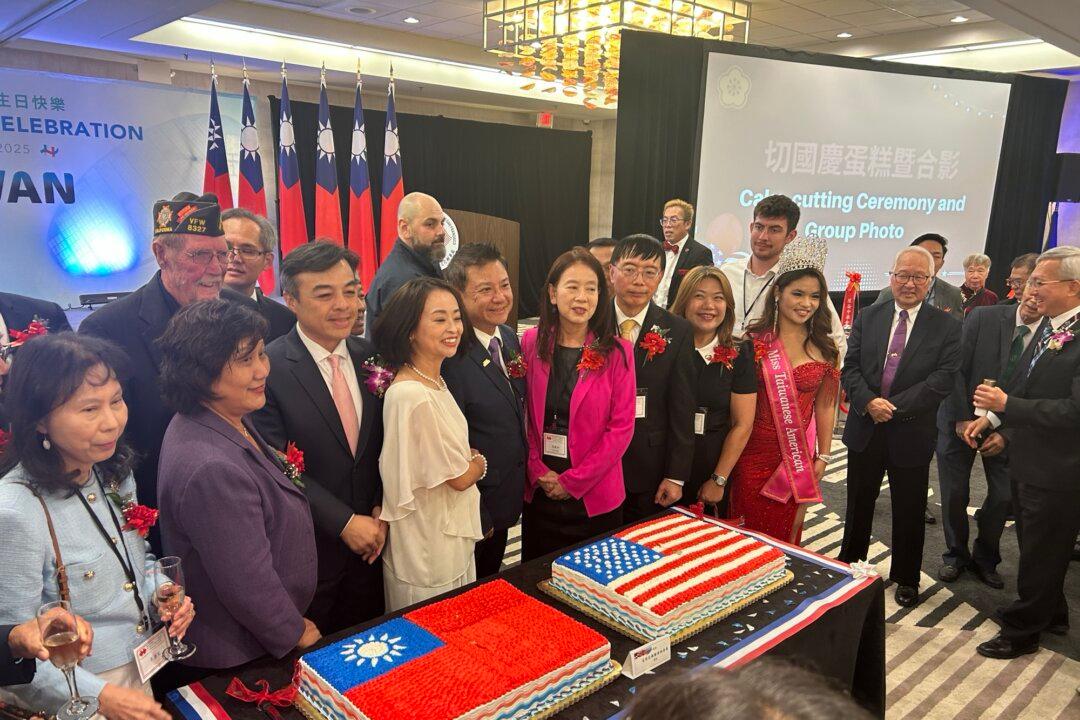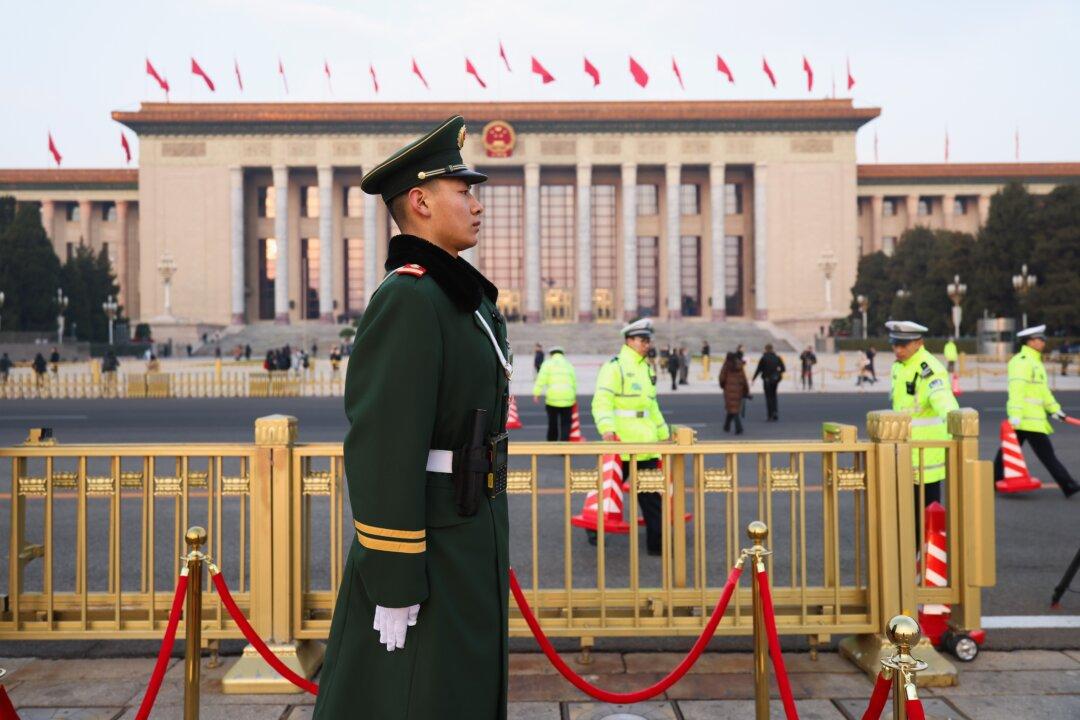HAYWARD, Calif.—The United States must continue to support Hong Kong in the battle for the future of democracy, said a panel of Californian pro-Hong Kong activists on Nov. 24.
Though encouraged by the recent landslide victory of pro-democracy candidates in Hong Kong’s district council elections, the panelists—all veteran democracy fighters from China—at the event showed little excitement, emphasizing the long road ahead in the conflict between the Chinese communist regime and the people of Hong Kong.
Panelist Mai Jia’an said that the current focus should be on providing humanitarian support to the protesters. He pointed out that many protesters have been out of work and fighting on the streets for many months, and many of them may have police records from being arrested during the demonstrations, making it harder for them to find jobs. Some young protesters haven’t been home because their parents don’t support their participation in the demonstrations, he said, and these young people now need psychological and financial support to go back to their normal lives.
Mai specifically mentioned the students at the Hong Kong Polytechnic University, which was besieged by police for 12 days, forcing the protesters to endure difficult living conditions.
The more than five-month-long demonstrations were triggered by an attempt by Hong Kong leader Carrie Lam to push an extradition bill, which protesters believed would doom civil rights in Hong Kong, as anyone could be taken away to mainland China to face trial. The protests now center around five demands: the complete withdrawal of the extradition bill; the release of arrested protesters without charges; the withdrawal of the characterization of all protests as riots; an independent investigation into police brutality; and the implementation of full universal suffrage.
So far, Lam has agreed to the first demand but refused to meet the other four.
Feng Congde, who was a student leader during the 1989 Tiananmen Square pro-democracy movement, said that Hongkongers should look to Gandhi’s methods of civil disobedience. He said Gandhi’s way was peaceful but confrontational, while some of the protesters in Hong Kong have placed too much emphasis on maintaining the peace. He praised the PolyU protesters, who maintained a standoff while completely besieged by the police.
Feng also believed that the future of Hong Kong’s pro-democracy movement will largely depend on changes in international society. As Westerners have become increasingly wary of the Chinese regime, it has encouraged the protesters to make long-term plans, he said.
Panelist Li Xiangyang said that the people of China and Hong Kong still need to be patient in waiting for China’s “Gorbachev” moment to come. Mikhail Gorbachev was the head of the former Soviet Union who pushed the political reforms that led to the end of the communist regime.
On Nov. 27, President Donald Trump signed into law the Hong Kong Human Rights and Democracy Act, which will require periodical reviews to ensure China keeps its promise of letting Hong Kong maintain its own political system. If the reviews aren’t passed, exports from Hong Kong to the United States may be subject to the same tariffs as exports from China.
Beijing’s anger over the new legislation may indicate a bumpier path for Hong Kong’s movement. In a press conference on Nov. 28, Chinese Foreign Minister Geng Shuang said the Chinese regime urged the United States “to not continue going down the wrong path” and threatened that it will take “countermeasures.”
